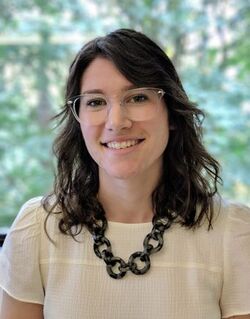 We invited Tamara Ostervoss, Director of the Body Donation Program at Oregon Health & Science University, to provide more information about this method of final disposition and how it can be compatible with family and community-led after-death care. Whole-body donation is an alternative to a traditional funeral and burial or cremation. Donating your body or your loved one’s body to a reputable body donation program supports medical education and research after death. Many people considering this option are unsure of how to plan or what the process may look like. |
AuthorOur team contributes to this page, making sure the most recent news is ready for our readers at a glance. Archives
January 2024
Categories |
Learn How To: |
Learn About: |
|
|
|
Oregon Funeral Resources and Education is a non-commercial public interest site dedicated to helping Oregon consumers care for their own dead with or without the assistance of a funeral director. All rights reserved © FuneralPartnership.org
|
 RSS Feed
RSS Feed
